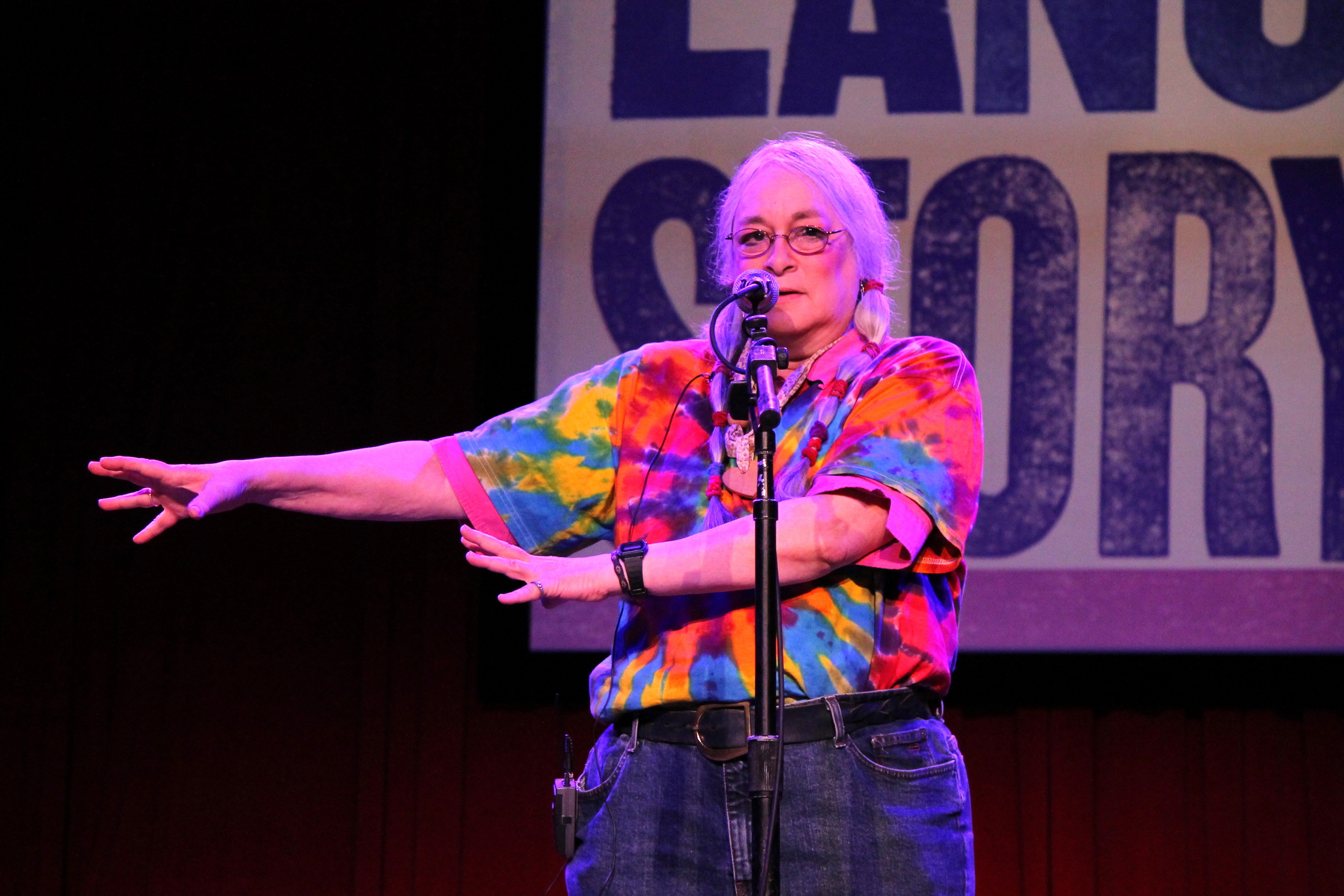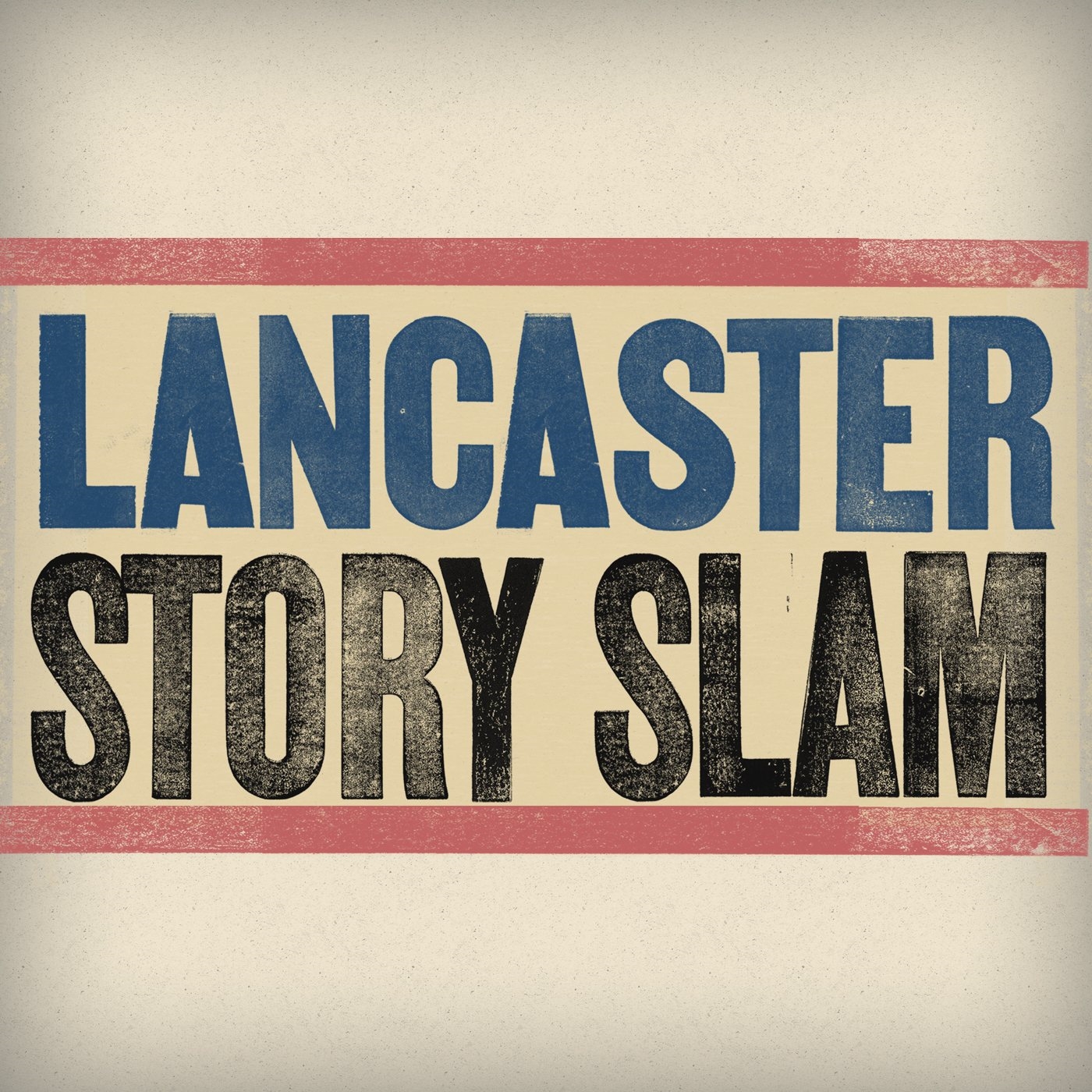By Matt Kabik
 First, and this is very important—thank you! Judging a story slam is a very important way to contribute to the enjoyment of a story slam event! Futher more, it rarely means standing, and often requires a beer, which are all great things. However, there are a few things to keep in mind when you’ve been chosen (or are elected) to this esteemed position:
First, and this is very important—thank you! Judging a story slam is a very important way to contribute to the enjoyment of a story slam event! Futher more, it rarely means standing, and often requires a beer, which are all great things. However, there are a few things to keep in mind when you’ve been chosen (or are elected) to this esteemed position:
1. Judges rate on a scale of 1-10 in the categories of content and presentation. Content is, simply, is the story a story. Does it have a beginning, middle, and end? Does it flow well, is it easy to follow? Presentation is how well the story is told: does the storyteller captivate you and engage you as a listener? Are they monotone and drab or are they helping you feel the emotion of the story itself? This is immensely important: a good story isn’t one that’s just funny or just heartbreaking—it’s one that is clearly told, passionately expressed, and has the full arc of human experience. 2. Don’t take many outside variables into account: Okay, so you know the person who’s telling a story because they always tell a story/you know them from the bar/they are your sister’s second cousin once removed. Great—that really shouldn’t dictate that you give them a higher score.
 3. Stories should run no more than five minutes: Once a storyteller reaches 5 minutes, a bell will be rung once. Once the storyteller hits 6 minutes, the bell is rung several times over. The judges take into account how much a person is unable to maintain that 5 minute mark. Sure, if it’s a good story and they come in at 5 minutes and 30 seconds, it’s not a huge deal. But if a storyteller doesn’t manage to finish their tale by 6:30, reflect that in your scoring. A good rule of thumb I use is this: if a storyteller goes past 6:30, I knock a point off the presentation side. If they go past 7 minutes I knock a point off both sides.
3. Stories should run no more than five minutes: Once a storyteller reaches 5 minutes, a bell will be rung once. Once the storyteller hits 6 minutes, the bell is rung several times over. The judges take into account how much a person is unable to maintain that 5 minute mark. Sure, if it’s a good story and they come in at 5 minutes and 30 seconds, it’s not a huge deal. But if a storyteller doesn’t manage to finish their tale by 6:30, reflect that in your scoring. A good rule of thumb I use is this: if a storyteller goes past 6:30, I knock a point off the presentation side. If they go past 7 minutes I knock a point off both sides.
4. Don’t feel like you’re being mean: It’s hard to give low scores to the folks who come up on stage—I get it! But it’s also unfair to give everyone a high score. For one thing, it doesn’t help people get better, and it also takes away from storytellers who have genuinely earned the points they receive! You’re not being mean—you’re being fair and even. If someone doesn’t tell a story that has a great beginning, middle, and end, consider giving them (oh dare I suggest) a 4 or 5. If their presentation is great, give them higher marks there. This kind of information is great for a storyteller, as it shows them what they need to work on, and it helps them trust that the judges are able to decipher the developed story from the work-in-progress.
 5. It’s okay to disagree with other judges, or to make a snap decision: Storytelling is very subjective, as is individual perception. What I thought was amazing you maybe thought was so-so. That’s okay—point in fact, it’s great—but it’s important to stick to your score. If the other judges are giving much different scores than you are, it doesn’t mean that you’re wrong. Having that varying scorecard is a good way to make sure that there aren’t 14 way ties—and also making sure that there is a good variety of opinions shared. I’ll also say this: I’ve had moments where I’ve written down a set of scores only to find, as I was about to read the score to the emcee, that I changed my mind—and that’s fine, too. With something as ephemeral as storytelling, you’re destined to disagree with even yourself.
It’s not a hard job—heck, it’s even plumb enjoyable—but being a story judge isn’t something that should be taken lightly. Before scribbling down nines (or ones) for every storyteller, run them through the filters of objective judgement—then make the call. You’ll find that you’ll make strong decisions that benefit both the event itself, but also the storytellers.
5. It’s okay to disagree with other judges, or to make a snap decision: Storytelling is very subjective, as is individual perception. What I thought was amazing you maybe thought was so-so. That’s okay—point in fact, it’s great—but it’s important to stick to your score. If the other judges are giving much different scores than you are, it doesn’t mean that you’re wrong. Having that varying scorecard is a good way to make sure that there aren’t 14 way ties—and also making sure that there is a good variety of opinions shared. I’ll also say this: I’ve had moments where I’ve written down a set of scores only to find, as I was about to read the score to the emcee, that I changed my mind—and that’s fine, too. With something as ephemeral as storytelling, you’re destined to disagree with even yourself.
It’s not a hard job—heck, it’s even plumb enjoyable—but being a story judge isn’t something that should be taken lightly. Before scribbling down nines (or ones) for every storyteller, run them through the filters of objective judgement—then make the call. You’ll find that you’ll make strong decisions that benefit both the event itself, but also the storytellers.
 Matt Kabik, our first Lancaster Story Slam winner, is an occasional emcee and judge. He is also the Founding Editor of Third Point Press, where he and the team are tasked with making objective decisions on which pieces will be run in each issue.
Matt Kabik, our first Lancaster Story Slam winner, is an occasional emcee and judge. He is also the Founding Editor of Third Point Press, where he and the team are tasked with making objective decisions on which pieces will be run in each issue.
